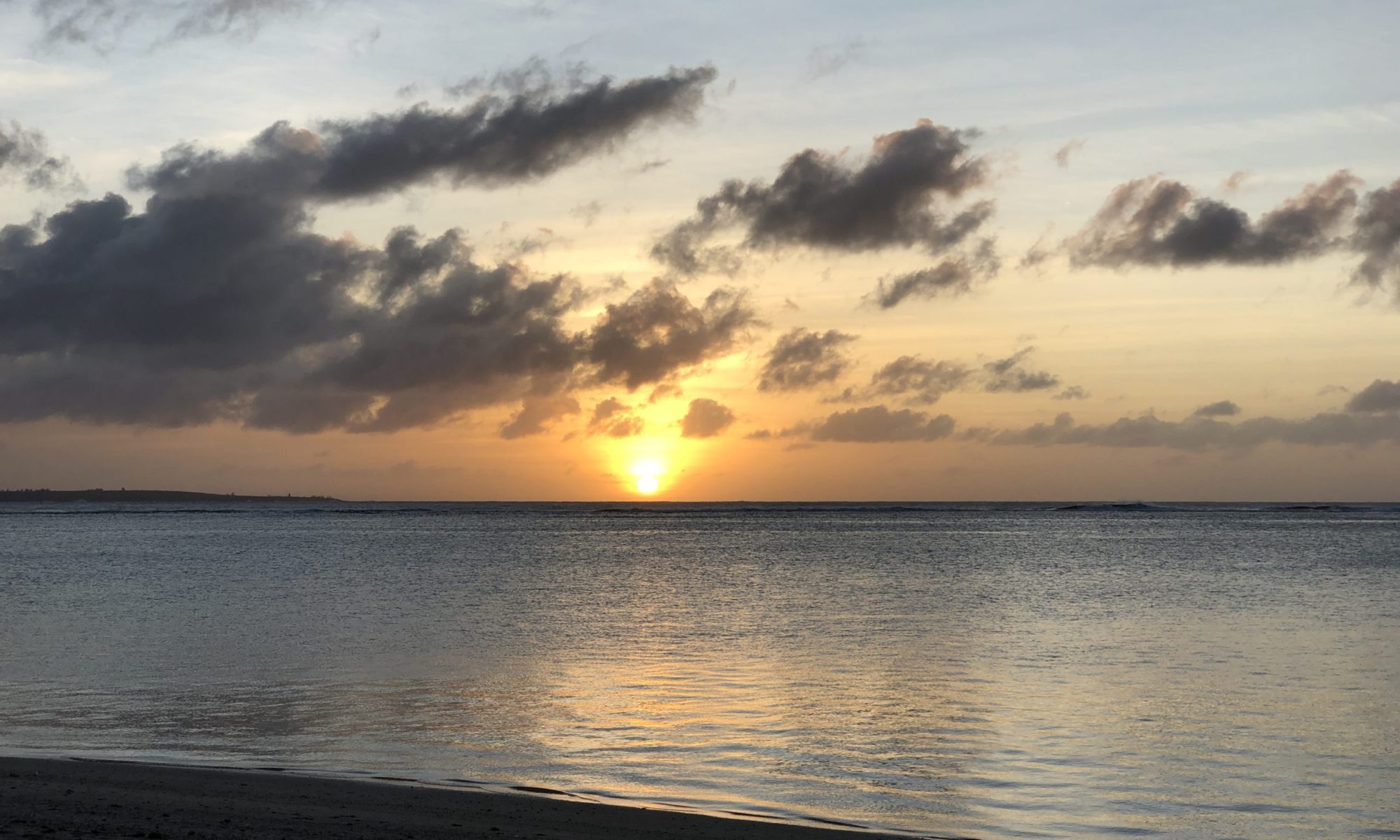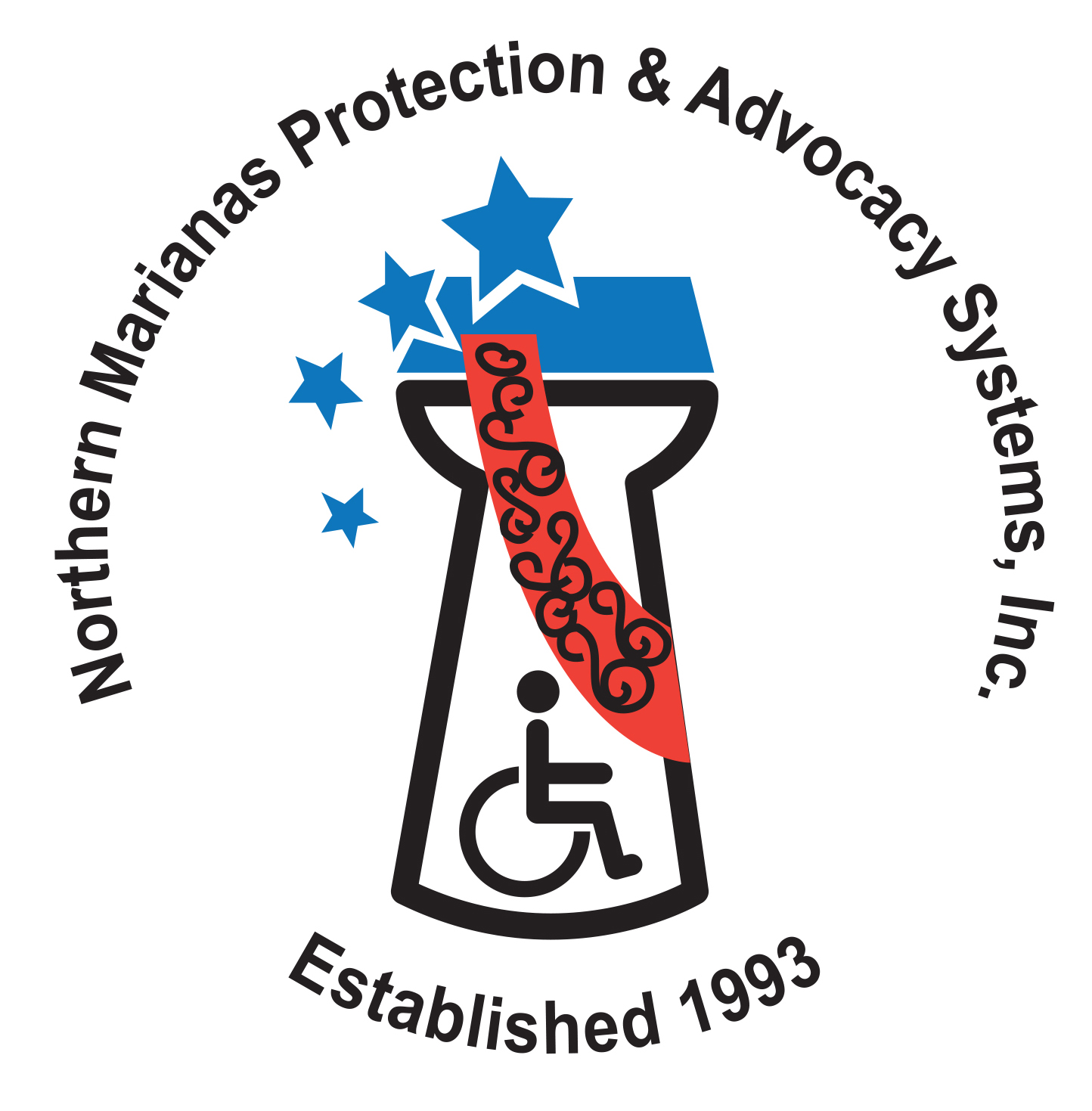RECENTLY my granddaughter pointed to a person walking along the road and said with disgust, “That person is an ice-head.” I asked what made her think that. Did she talk to the person? And she replied, “No, but that’s what everybody says.”
I explained to my granddaughter that the person to whom she was pointing was, in fact, not an “ice-head” but a homeless person with a mental illness, a person who could probably use a little help, a kind word, and some food.
We see a number of persons walking around Saipan who are homeless and who have a mental illness. These persons, while sometimes annoying or amusing, more often than not pose neither a danger to self or others; and fortunately our island community generally reaches out to provide food and clothing. Our community also generally recognizes a person’s right to refuse treatment and the right to be free from chemical and physical restraints and isolation.
On the other hand, we also have persons with a mental illness who, even though they too are not a danger to self or others, are locked in the psychiatric ward at CHCC because (1) the Transitional Living Center closed and (2) the families are unwilling or unable to care for these persons. Unfortunately for those persons locked in the psychiatric ward, CHCC does not have sufficient qualified mental health professional staff in the hospital and the patients do not have written, individualized treatment plans, evidence of actual treatment, including individual therapy, group therapy, and occupational therapy, or appropriate discharge planning where applicable, all as required by the CNMI Patient’s Rights Act.
So what needs to be done?
1.Get adequate qualified mental health professional staff in the hospital.
2.Re-open TLC and move those patients who are not a danger to self or others out of the psychiatric ward and into TLC.
3.Search for alternative housing and care for persons with mental illness.
4.Insure that the requirements of the Patient’s Rights Act for individualized treatment plans, actual treatment, and individualized discharge plans are met.
The establishment of the CNMI Drug Court is certainly one positive move toward assisting those who have both a drug addiction and mental illness and we look forward to its implementation.
If you or a family member has a mental illness and needs assistance, please contact the Northern Mariana Islands Protection and Advocacy Systems Inc. whose mission is to protect the civil, legal and human rights of individuals with disabilities, including but not limited to mental illness.
And if you or your neighborhood, business, school or other organization have ideas in how to assist people with mental illness, please share your ideas so that we as a community can move forward and improve the conditions in which persons must live.

